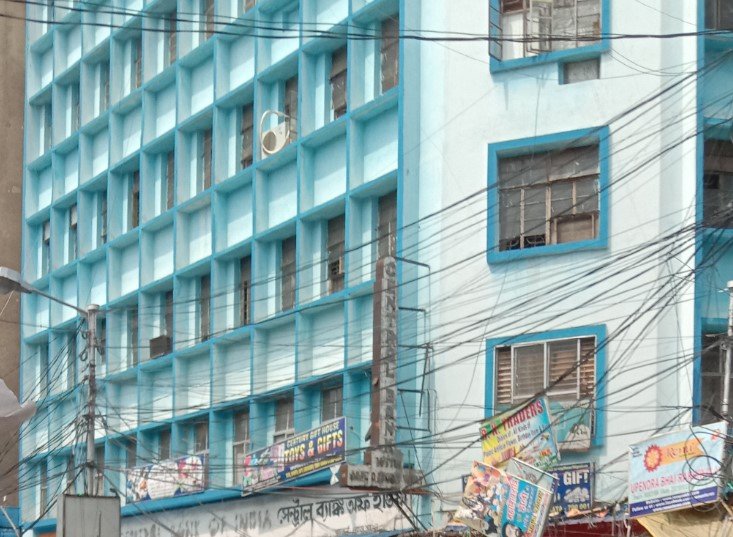Syrias Central Bank governor Abdulkader Husrieh announced plans to grow gold reserves and expand Islamic banking tools in a push for economic stability. This move comes as the country rebuilds after years of conflict, aiming to attract foreign investment and stabilize its currency by 2025.
Gold Reserves Key to Currency Strength
Syrias gold reserves stand at about 26 tons, valued at roughly 2.2 billion dollars at current market prices. Officials say this stockpile remains untouched since before the civil war, serving as a backbone for the national currency.
Husrieh described gold as a symbol of economic sovereignty, not just an investment. He plans to increase holdings to better support the Syrian pound amid global economic shifts.

This strategy aligns with a worldwide trend where central banks are buying more gold. For instance, global net purchases hit over 1,000 tons in recent years, driven by needs for diversification and hedging against inflation.
Experts note that Syrias approach could help control inflation, which has plagued the economy. By bolstering reserves, the bank aims to build investor trust and reduce reliance on foreign currencies.
Islamic Banking Expansion Takes Center Stage
The Central Bank is rolling out new Islamic finance tools to meet growing demand. Husrieh highlighted sukuk, which are sharia compliant bonds, as a way to fund the budget and boost liquidity.
Syria has introduced three out of seven global Islamic instruments so far. This expansion is seen as a major chance to widen banking options in a mostly Muslim nation.
Cooperation with the Ministry of Finance is underway to create legal frameworks for these tools. The goal is to draw Gulf investments, especially after improved ties with countries like Turkey and some Arab states.
Analysts predict this could help Syrias economy grow by 1 percent in 2025, per World Bank forecasts. Better regional relations might push growth even higher, into mid single digits.
Islamic banking avoids interest, focusing on profit sharing. This model could appeal to ethical investors worldwide, helping Syria reconnect with global markets.
Sukuk Instruments Drive Budget Funding
Sukuk will play a big role in financing government needs without traditional debt. These instruments let investors fund projects like infrastructure, earning returns through assets rather than interest.
Syria is preparing to issue its first sukuk soon, pending new regulations. This could provide much needed cash for reconstruction after the war.
Here are key benefits of sukuk for Syrias economy:
- Attract foreign capital from Islamic finance hubs.
- Reduce dependence on sanctions hit banking.
- Support sectors like agriculture and tourism.
Officials say this fits into a five year plan that includes removing two zeros from the currency to simplify transactions.
Challenges and Opportunities Ahead
Despite progress, Syria faces hurdles like liquidity shortages and security issues. The World Bank warns of modest growth if foreign aid stays suspended.
On the bright side, recent reforms have sparked U.S. interest in investments. Banking sector changes aim to create a functioning interbank market.
A quick look at Syrias economic indicators:
| Indicator | 2024 Value | 2025 Projection |
|---|---|---|
| GDP Growth | -1.5% | 1% |
| Gold Reserves | 26 tons | Increasing |
| Inflation Target | High | Stabilizing |
These steps could position Syria for recovery, drawing on its rich resources.
Husrieh emphasized that human capital and diverse industries matter more than gold alone. The banks focus remains on protecting currency value for all citizens.
Global Context and Future Outlook
Central banks worldwide are ramping up gold buys, with 2025 projections nearing 900 tons globally. Syrias moves mirror this shift away from dollar dominance.
In the region, Islamic finance is booming, with tokenized sukuk emerging in Gulf nations. Syria could tap into this trend for modern funding.
Experts suggest watching how these reforms unfold amid geopolitical tensions. Success might inspire other post conflict economies.
As Syria navigates this path, readers are encouraged to share thoughts on these developments and comment below on potential impacts.






